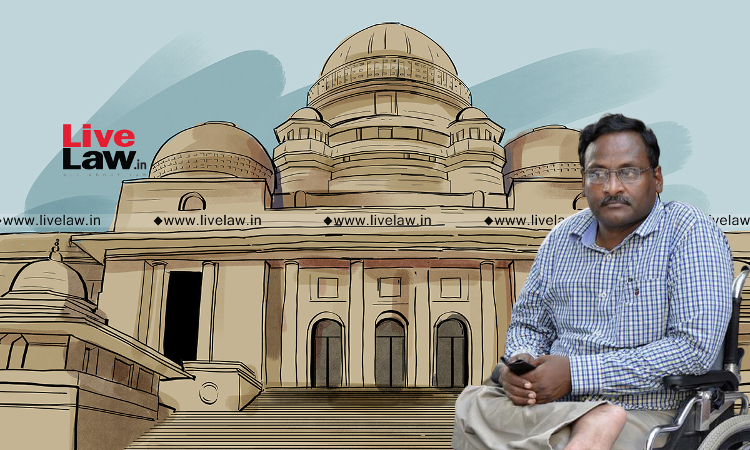GN Saibaba Case | Merely Downloading Naxal Literature Not An Offence Under UAPA: Bombay High Court
LIVELAW NEWS NETWORK
6 March 2024 11:58 AM IST

Next Story
6 March 2024 11:58 AM IST
Merely downloading Communist or Naxal literature from the internet or being a sympathizer of the philosophy is not an offence under the Unlawful Activities Prevention Act (UAPA), the Bombay High Court has held.The court said that in addition to the literature, evidence was required to connect the accused to specific incidents of violence and terrorism, which would be offences within the...
